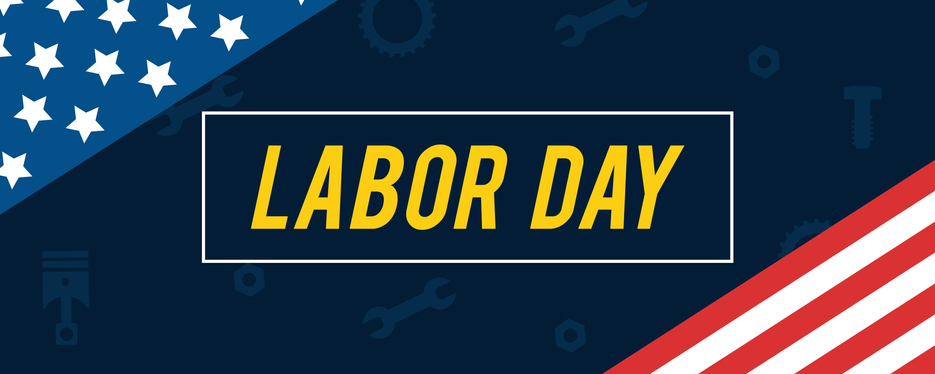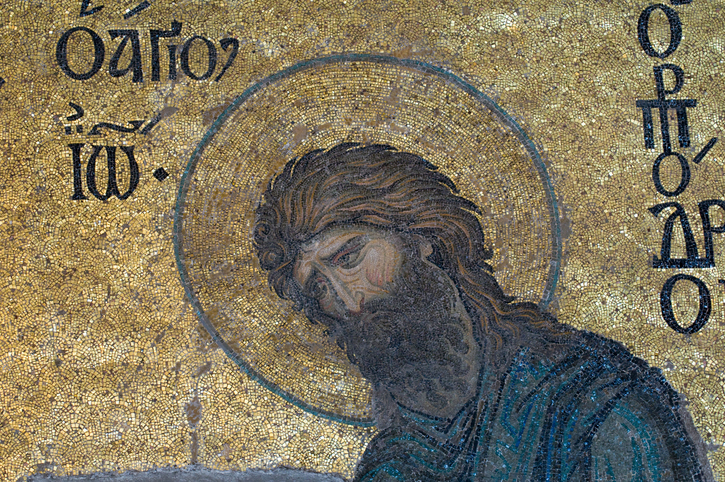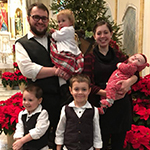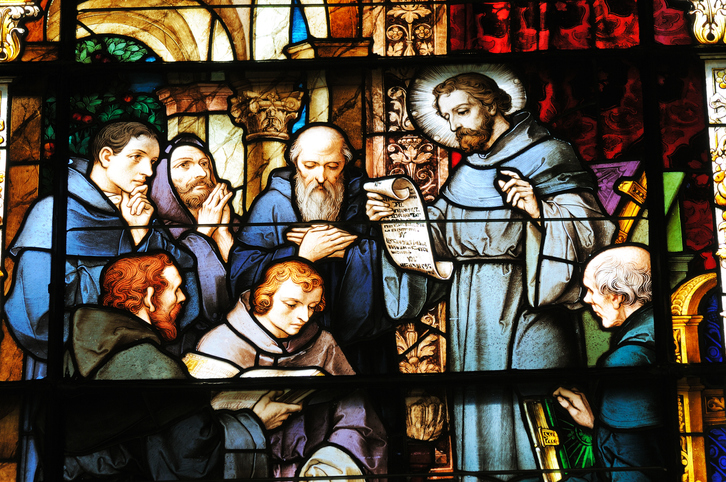What’s with the Pharisees? Haven’t they learned by now that they couldn’t win an argument with this wandering rabbi, Jesus of Nazareth? Still, they continue to challenge him and to demand that he explain himself.
In this short Gospel, we see the preoccupation of the Pharisees with the observation of the many rules (over 600!) that had been formulated to ensure that the Ten Commandments given to Moses could be followed meticulously. Some of these Pharisees pose a question, trying (of course) to catch him in a breach of the rules: “Why are you doing what is unlawful on the Sabbath?”
What the disciples were doing was not morally wrong, but it was against one of the elaborate rules about how to “keep holy the Sabbath.” There were forty categories of activities that were defined as work, which was forbidden on the Sabbath. These many rules placed a heavy burden on a day that God intended to be full of joyful worship, rest, delight, and recreation.
Jesus “calls them out” for seemingly forgetting their own history: “Have you not read what David did?” Of course they knew this story well; but rather than engage in a complicated argument about the absurdity of the rule in this instance or even of the many rules in general, Jesus uses the story to point out that the rules are not even the supreme thing – since human rules/laws are the work of human reason for the common good, when the observance of a law is harmful to the community, that law can be dispensed.
This truth was lost in the many rules surrounding the Mosaic Law. Jesus is reminding them of the correct understanding of “Sabbath rest” and indirectly pointing to their own lack of virtue – Pharisees saw themselves as the most pious of Jews, following each rule meticulously and then parading their “virtue” before others, which is no virtue at all.
Having addressed their question, Jesus then changes the playing field by stating a startling truth: “The Son of Man is lord of the Sabbath.” As it was God Himself who gave this precept to the Chosen People, Jesus is revealing his identity as God Himself. While this certainly alarmed and angered the Pharisees, they seemed to have no argument to counter that claim.
Wherever there are spiritual rules, there will be a tendency toward a kind of “Pharisaism” that thinks meticulous observance of the rules equals true holiness. The rules are to be obeyed, but our “obedience” can easily become a kind of “Checklist of Goodness” on the one hand, or a “Badge of Pride” on the other. In reality, the rules are more like guardrails to keep us on the right road and out of the ditches.
God intends for us to travel this road in freedom, filled with the joy that comes from trusting that He Himself will provide all we need to reach our final destination: the very Heart of God.

Kathryn Mulderink, MA, is married to Robert, Station Manager for Holy Family Radio. Together they have seven children (including newly ordained Father Rob and seminarian Luke ;-), and two grandchildren. She is a Secular Discalced Carmelite and has published five books and many articles. Over the last 25 years, she has worked as a teacher, headmistress, catechist, Pastoral Associate, and DRE. Currently, she serves the Church as a writer and voice talent for Catholic Radio, by publishing and speaking, and by collaborating with the diocesan Office of Catechesis, various parishes, and other ministries to lead others to encounter Christ and engage their faith. Her website is https://www.kathryntherese.com/.
















